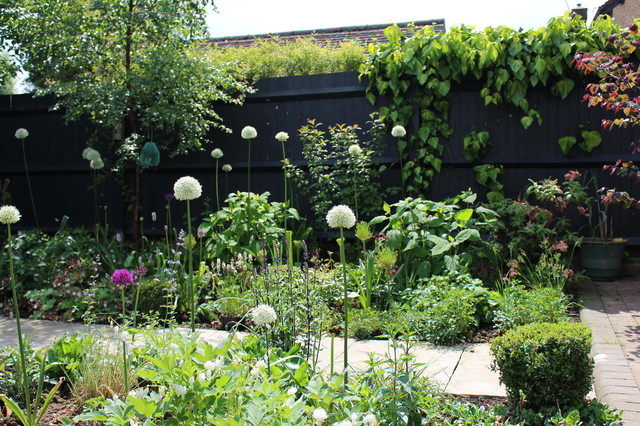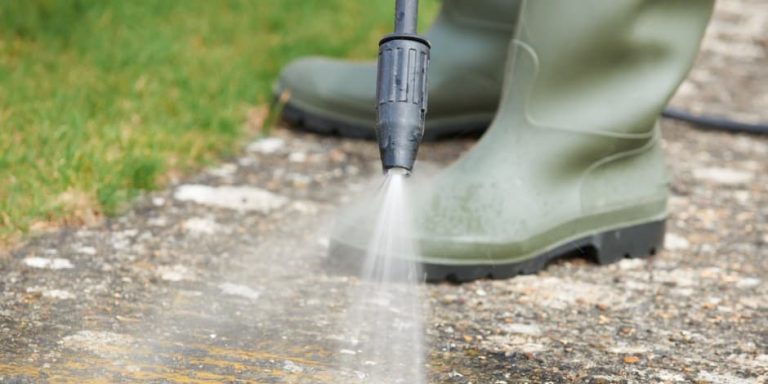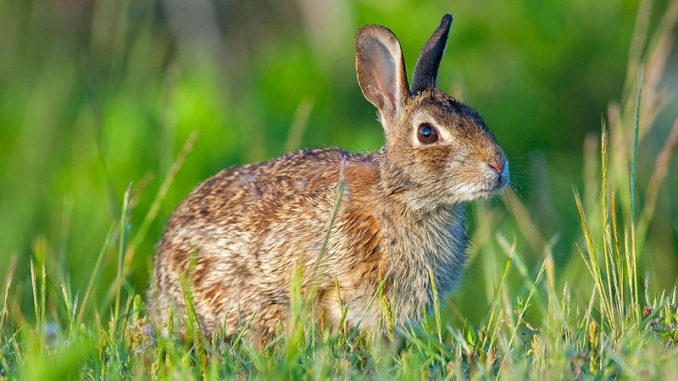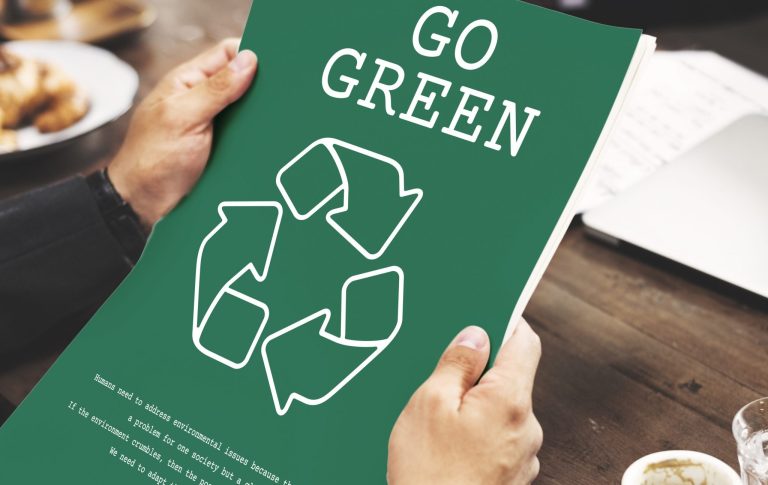
Power washing is a fast and effective way to clean outdoor surfaces—but if you live in an area teeming with birds, bees, squirrels, or even neighborhood cats, it’s important to ask yourself: Is my cleaning routine safe for the wildlife around me?
While it’s easy to focus on dirt and grime, our cleaning methods can unintentionally harm nearby creatures, disrupt habitats, or pollute local ecosystems. Thankfully, with a few simple adjustments, you can create a wildlife-friendly pressure washing routine that gets the job done—without endangering the animals that share your space. 🐾🌱
🐛 Why Wildlife Safety Matters
Whether you live in a suburban neighborhood, a rural area, or even a city with lots of green spaces, your property likely supports some kind of wildlife. Common backyard species include:
- Birds (songbirds, doves, hawks)
- Squirrels and rabbits
- Butterflies, bees, and beetles
- Amphibians like frogs or toads
- Reptiles like lizards and small snakes
- Pollinators (crucial for plant reproduction)
Power washing—if not done carefully—can harm these animals by:
- Destroying food sources or nests
- Spraying harmful chemicals
- Producing loud noise and vibration
- Creating contaminated puddles or runoff
Cleaning shouldn’t come at the cost of wildlife well-being. 🐦❌🧼
❌ Common Mistakes That Harm Wildlife
Let’s take a look at a few typical pressure washing habits that can unintentionally cause harm:
1. Washing Near Bird Nests
Many birds build nests in eaves, gutters, porch lights, and siding—exactly where people tend to clean. Using high-pressure water near these nests can:
- Dislodge or destroy them
- Scare away parents
- Leave chicks exposed to predators or weather
🕊️ Solution: Survey your space for active nests and mark or block those areas off until the chicks have fledged.
2. Using Toxic Cleaners Near Pollinators
Standard detergents can be fatal to bees, butterflies, and other beneficial insects—even in very small amounts. Toxic residues may linger on flowers, walkways, or soil.
🐝 Solution: Always use biodegradable, non-toxic, fragrance-free detergents near flowering plants and pollinator zones.
Browse Amazon Here For Biodegradable Pressure Washing Detergents
3. Contaminating Water Sources
Runoff from driveways or decks can carry detergent, oil, and bacteria into:
- Birdbaths
- Ponds
- Streams
- Pet bowls
This puts frogs, turtles, birds, and mammals at risk of illness or death.
🌊 Solution: Block off water features, use reclaim mats, and direct runoff away from low-lying areas.
4. Washing During Nesting or Mating Seasons
Spring and early summer are critical times for wildlife reproduction. Loud equipment and chemical smells may disrupt:
- Bird nesting
- Frog and toad spawning
- Insect activity
🗓️ Solution: Schedule major outdoor cleaning for late summer or early fall, when wildlife is less vulnerable.
✅ Wildlife-Friendly Power Washing Checklist
To clean responsibly without disturbing your animal neighbors, follow this checklist:
🧼 1. Choose Eco-Safe Products
- Look for EPA Safer Choice, OMRI-listed, or biodegradable cleaners
- Avoid bleach, ammonia, or anything with “warning” or “danger” labels
- Avoid products with synthetic fragrances
🐾 2. Inspect for Nests and Habitats
- Walk your property before cleaning
- Look under decks, along eaves, and in planters
- Postpone cleaning near active nests or dens
🌿 3. Avoid Washing Pollinator Zones
- Skip pressure washing near flower beds or vegetable gardens
- Wash early or late in the day to avoid disturbing bees
- Use a garden hose instead of a power washer around delicate areas
🧘♂️ 4. Minimize Noise and Disruption
- Use electric or battery-powered washers if possible (quieter and cleaner)
- Avoid long sessions—break work into short periods
- Let neighbors know before you start (especially if they care for outdoor pets or feeders)
🚫 5. Keep Pets Indoors
Pets can scare away or even injure wildlife during cleaning activities. Keep them inside or supervised until all surfaces are dry and chemical-free.
🦎 Small Creatures, Big Impact
You may not notice them, but tiny creatures like frogs, lizards, and insects play huge roles in your local ecosystem. They:
- Control pests
- Pollinate plants
- Provide food for birds and mammals
- Help decompose organic matter
Power washing with no regard for their safety may harm entire micro-ecosystems in your yard.
📸 Try setting up a small wildlife camera—you’ll be surprised at how much biodiversity is in your backyard!
🌍 Long-Term Benefits of a Wildlife-Safe Routine
Practicing wildlife-friendly power washing not only protects animals—it improves your environment, too:
- Healthier plants and soil
- Fewer pests (thanks to predatory insects and birds)
- More pollination and garden growth
- Better air and water quality
- Stronger connection with nature 🦋💚
And let’s not forget the personal joy of seeing birds return to your feeder, frogs nesting by your pond, or butterflies flitting through your garden—because you made your outdoor space safe for them.
🧠 Final Thoughts
Power washing doesn’t have to come at the expense of wildlife. With mindful timing, eco-safe products, and awareness of the animals around you, it’s entirely possible to maintain a beautiful home while protecting the creatures that call your yard home.
After all, being a good steward of your space means cleaning responsibly, not just thoroughly. 🌿🧽🐦
Browse Amazon Here For Biodegradable Pressure Washing Detergents






